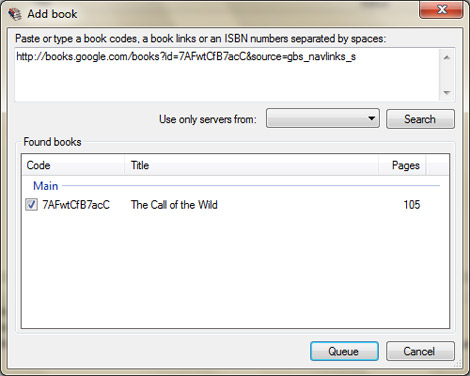
The latest version of the world’s most popular Linux distribution is now available. Ubuntu 9.10 Karmic Koala continues the six-month development cycle of this free OS. We’ve used Ubuntu since 2005 and, after a short adjustment period, never looked back at those other operating systems.
Never used Linux? This distribution is for you but we recommend waiting until the release makes it out of beta to the stable version on October 29th.
Comfortable with Linux and want to get your feet wet? The Hack a Day team is calling on all of you to test, report, and improve upon this community driven project. Get yourself a copy of the beta (we recommend using the torrents) and start reporting bugs. You can help fix them by joining the bug squad, or use your coding skills to become a developer.


![article-1212214-0659F596000005DC-336_468x324[1] article-1212214-0659F596000005DC-336_468x324[1]](http://hackaday.com/files/2009/09/article-1212214-0659f596000005dc-336_468x3241.jpg)













